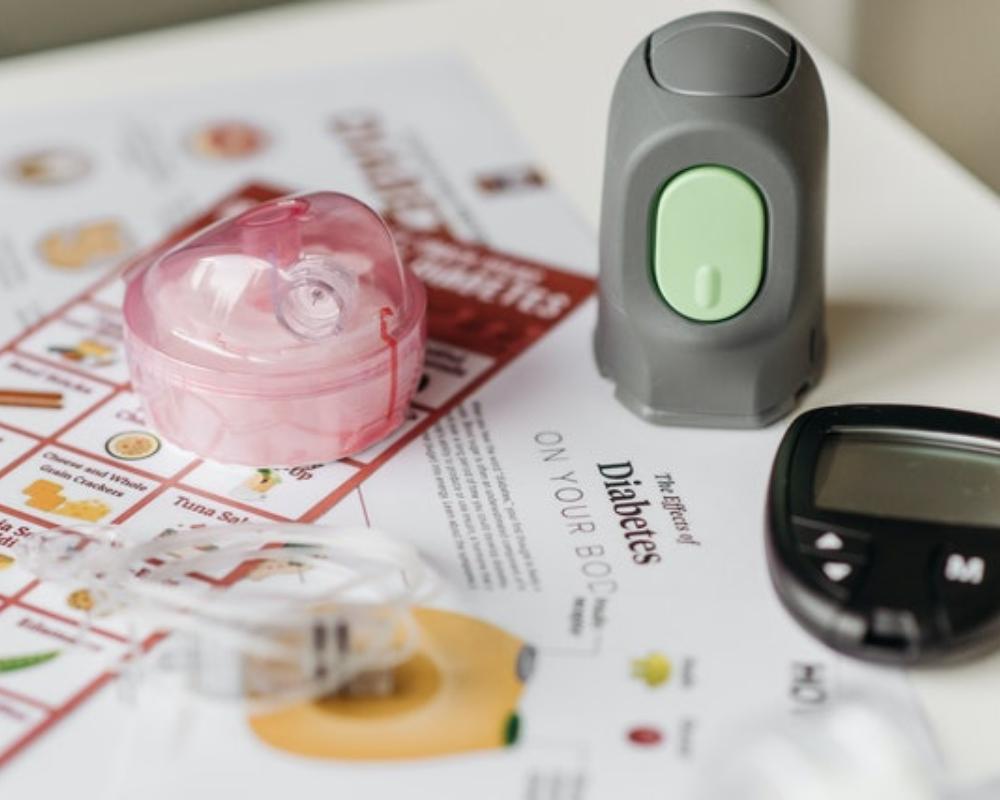Hormonal Imbalance and Diabetes

Hormones play critical roles in your overall health. An imbalance can wreak havoc beyond the common symptoms like diarrhea, constipation, fatigue, slow or rapid heartbeat, anxiety, and depression. They can lead to chronic conditions, including diabetes. If you are struggling with diabetes, Humble, TX endocrinology can help since it is a hormonal concern. At face value, diabetes results from a hormonal imbalance where the body does not produce enough or has developed insulin resistance. The big picture is a bit complex, though, and here is a glance at hormonal imbalance and its relationship with diabetes.
Hormones that regulate blood sugar
Your pancreas secretes glucagon and insulin. These hormones work together to maintain healthy blood sugar levels. A hormonal imbalance, where either insulin or glucagon is higher/lower, can affect the balance, meaning the blood sugar levels can drop/rise.
Glucagon is responsible for breaking down glycogen into glucose in your liver. Insulin then facilitates the entry of glucose into cells, where it is used to produce energy. If your blood sugar is high, more insulin is produced. Conversely, if it is low, glucagon is released to raise it.
When the hormones are balanced, your body maintains a state of homeostasis. This ensures that your cells are well replenished with the energy the body needs while preventing higher blood sugar levels that can cause damage.
Body changes and hormonal impact
Hormonal imbalance in diabetes cases is not simply all about insulin and glucagon. Changes such as menopause, pregnancy, and overall aging affect your hormones. During menopause, for example, you may notice that your energy and blood sugar levels go up and down more than before. This is impacted by the changes in estrogen and progesterone fluctuations, which impact how the cells respond to insulin. The hormonal fluctuations can lead to or aggravate diabetes, emphasizing the need to see an endocrinologist.
Health concerns and hormonal imbalance
Besides physical changes, your health condition impacts the hormones. Concerns like endocrine gland injury, obesity, stress and depression, pancreatitis, unhealthy diet, and Prader-Willi syndrome, where you are chronically hungry, impact the hormones. This means that you are at an increasingly high risk of developing diabetes if you are dealing with one or more of such concerns since they can lead to hormonal imbalance.
Hormone therapy and diabetes
Hormone therapy can help you keep diabetes at bay or supercharge its management. For example, as menopause approaches, hormone therapy can help maintain a balance, ensuring the cells’ response to insulin is not significantly impacted. This helps keep blood sugar levels at healthier levels and reduce diabetes two risks. Insulin treatments have dominated the diabetes management arena for years, but it is no longer the only measure you can take. Managing other hormonal concerns can alleviate the load and improve glucagon and insulin effectiveness in maintaining homeostasis, which can help prevent diabetes complications.
Hormones impact virtually every function in your body. While a condition is often addressed independently, focusing more on your overall hormonal aspect can help you realize better progress and result since they mesh together in various ways. Visit North Houston Diabetes Institute today for more on hormonal imbalances and how they impact your diabetes prevention and/or management efforts.







